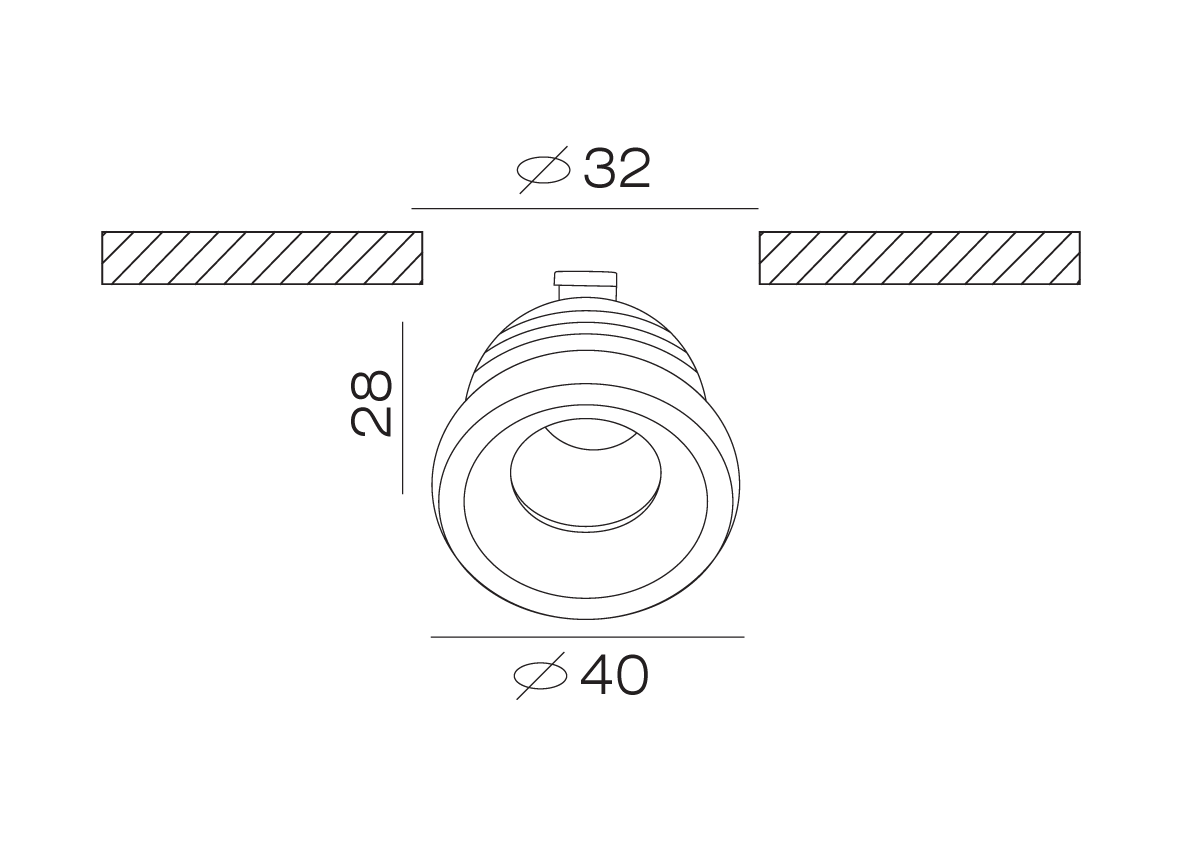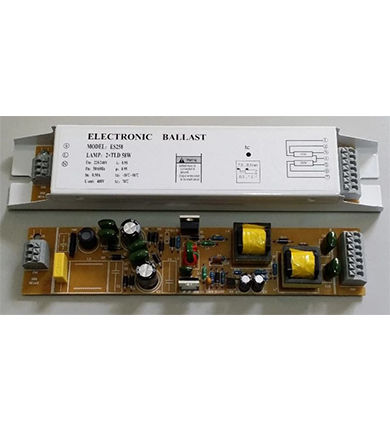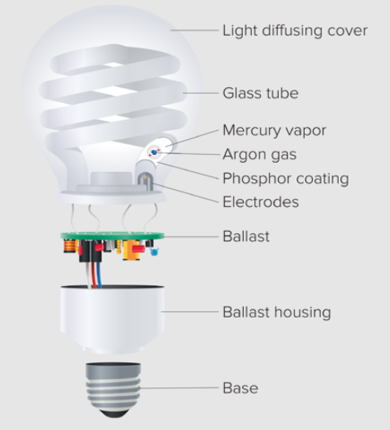
What is Ballast?
Two Main types of Ballast
Traditional lightings such as incandescent lamps and halogen worked directly on usual voltage of electricity (220V or 110 V). While gas discharge devices and fluorescent need a Ballast (ballast coil) to operate.
What is the Ballast?
Ballast manages the power distribution through lighting device. Where it consists of a coil connected in series with the lighting device. During lamp starting, the ballast must briefly supply high voltage to establish an arc between the two lamp electrodes. Once the arc is established, the ballast quickly reduces the voltage and regulates the electric current to produce a steady light output.

What types of ballast?
There are two types of ballasts:
- Magnetic ballast
- Electronic ballast
Nowadays, Electronic ballasts are more used and newer than Magnetic ballasts which older and need starter to ensure startup operational for device. While electronic ballasts involve of electronic circuits of capacitors and coils. As a result, there isn't any buzzing or flickering, so high efficiency and long lifespan.

which lights technology require a ballast?
- Fluorescent and gas discharge lamps don’t work without a ballast and must therefore always be connected to it.
- Ballast can be built in lighting device or separate.
- What about LED Lights!
Do LED lights need a Ballast?
LEDs don't need a ballast. LED Lights use a similar technology called a LED Driver.

In this article : Traditional lightings, fluorescent light bulb ballast, metal halide light ballast, lights and ballast, ballast light bulbs, bulbs ballast, light tube ballast, ballast fluorescent lights, driver led, ballast, fluorescent, electronic ballast led tube, electronic ballast, magnetic ballast, fluorescent ballast, ballast neon led, fluorescent light fixture ballast, led tube bulbs no ballast, fluorescent driver, fluorescent light driver, led driver, fluorescent light ballast, Fluorescent and gas discharge lamps, driver chip led, driver, LED
